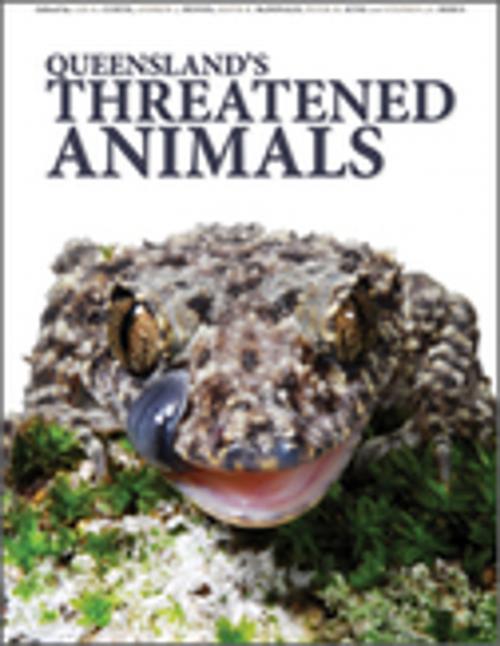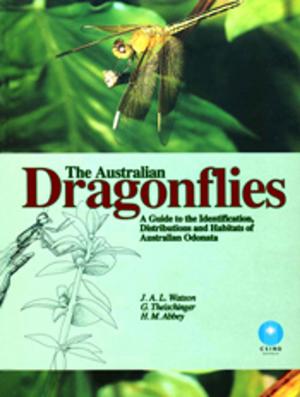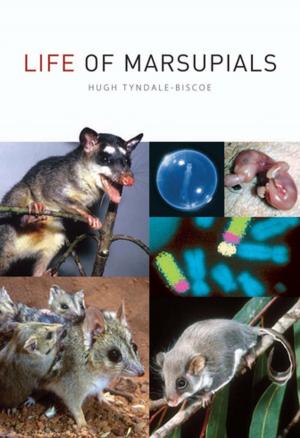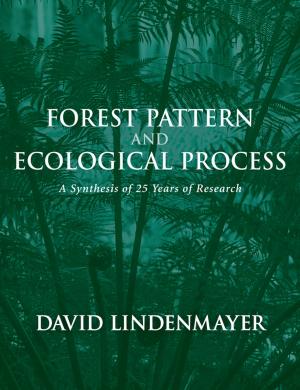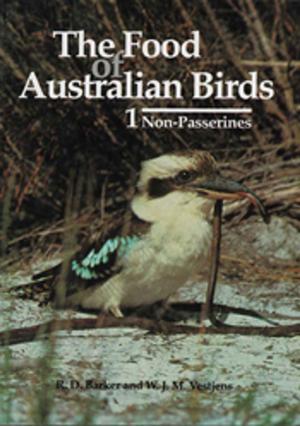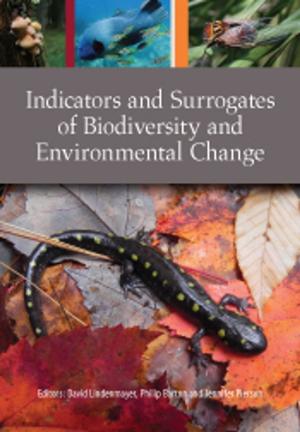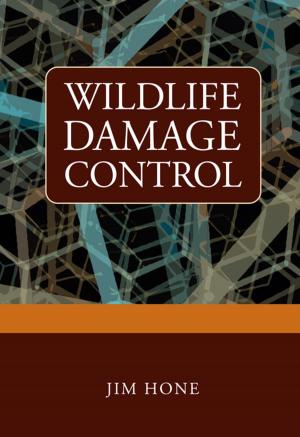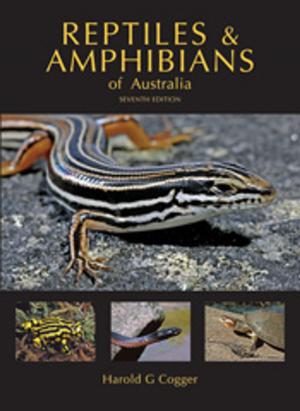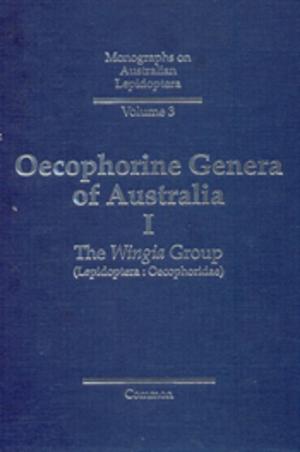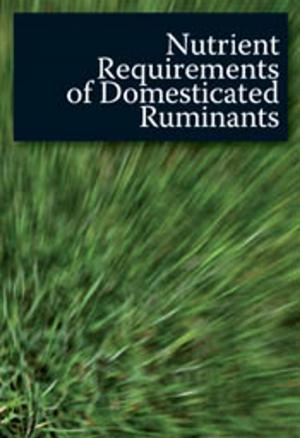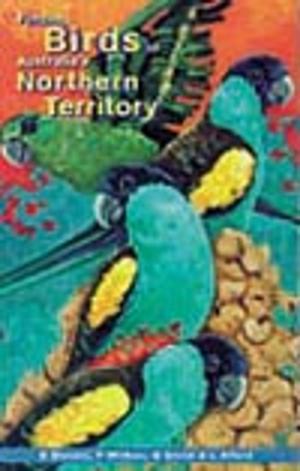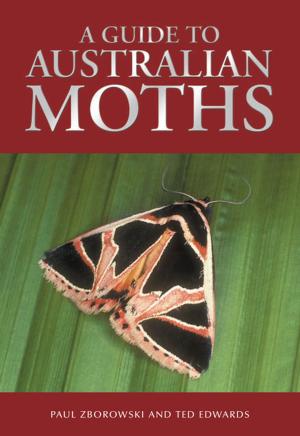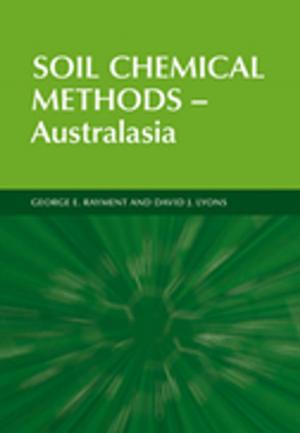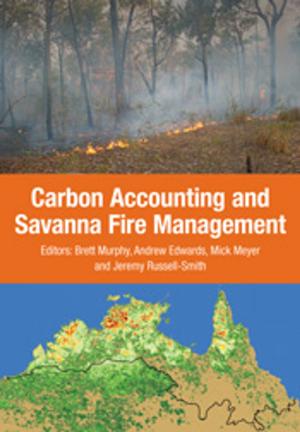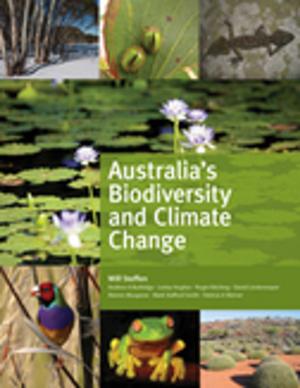| Author: | Lee K Curtis | ISBN: | 9780643104570 |
| Publisher: | CSIRO PUBLISHING | Publication: | February 1, 2012 |
| Imprint: | CSIRO PUBLISHING | Language: | English |
| Author: | Lee K Curtis |
| ISBN: | 9780643104570 |
| Publisher: | CSIRO PUBLISHING |
| Publication: | February 1, 2012 |
| Imprint: | CSIRO PUBLISHING |
| Language: | English |
Queensland is home to 70% of Australia’s native mammals (226 species), over 70% of native birds (630 species), just over half of the nation’s native reptiles (485) and native frogs (127), and more than 11 000 native plant species. Hundreds of these have a threatened status in Queensland. In order for Queensland to maintain and recover a healthy biodiversity we must address the serious problems faced by our natural environment – habitat loss, inappropriate land management, change in fire regimes, pollution of natural resources, proliferation of invasive species and climate change. This book features up-to-date distribution data, photos and maps for most of Queensland’s threatened animals. It also includes a comprehensive list of resources, with key state, national and international organisations involved in the recovery and management of threatened species. Queensland's Threatened Animals will provide vital information to scientists, educators, business entities, government agencies, students, community groups, environmental NGOs, regional NRMs and potential volunteers.
Queensland is home to 70% of Australia’s native mammals (226 species), over 70% of native birds (630 species), just over half of the nation’s native reptiles (485) and native frogs (127), and more than 11 000 native plant species. Hundreds of these have a threatened status in Queensland. In order for Queensland to maintain and recover a healthy biodiversity we must address the serious problems faced by our natural environment – habitat loss, inappropriate land management, change in fire regimes, pollution of natural resources, proliferation of invasive species and climate change. This book features up-to-date distribution data, photos and maps for most of Queensland’s threatened animals. It also includes a comprehensive list of resources, with key state, national and international organisations involved in the recovery and management of threatened species. Queensland's Threatened Animals will provide vital information to scientists, educators, business entities, government agencies, students, community groups, environmental NGOs, regional NRMs and potential volunteers.
